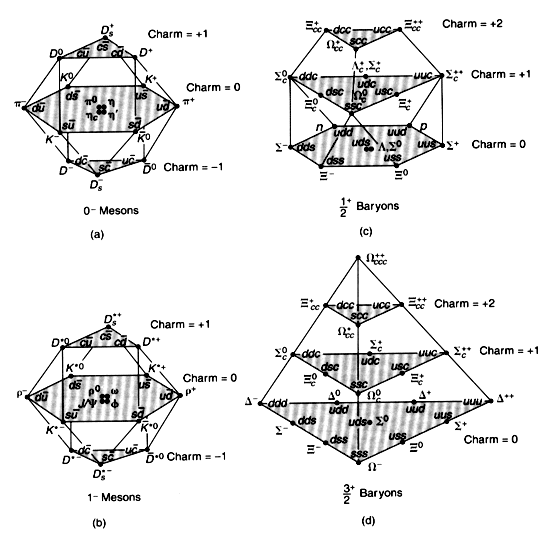SU(3)SU(3) is a subgroup of SU(6)SU(6): its generators span the 3x33×3 block of the 6x66×6 generators of the latter.
Yes, the eightfold way trivially extends to a notional 35-way of all six flavors, which is, nevertheless, largely useless.
You may, of course, build classification tables of such hadrons in a 5-dimensional space (rank of SU(6)SU(6)), but with little logical benefit. People did build 3d pictures of the first 4 quarks' SU(4)SU(4) when charm was discovered,
However, the whole point of the 8-fold way was that the lightest 3 quarks are lighter than the scale of QCD, ~200 MeV , which binds them together, so their masses could serve as small perturbations to a robust underlying pattern, explicitly broken (corrected) by small SU(3) SU(3) violations.
For more flavors, the violations are, evidently, huge, and so your proposal might be a fool's errand.
Perversely, the 3 heaviest quarks, c,b,t, c,b,t, form a separate SU(3)SU(3) of their own, as they are so heavy that you may transcribe across their differences, and treat the much lighter (scale-separated) QCD "glue" as invariant around them: "brown mud", in Bjorken's words, for example.

